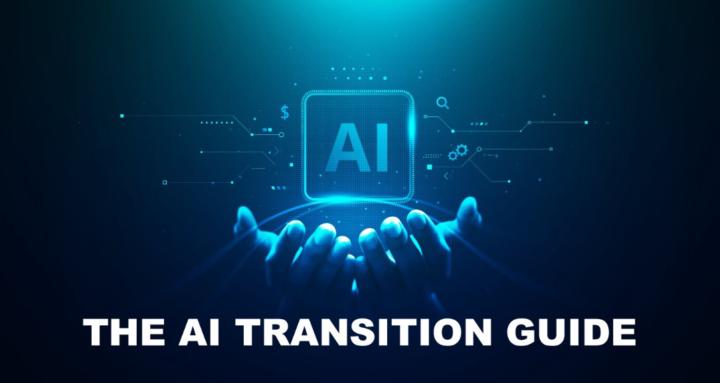Sep '25 • Tools
Deep Research: The AI That Digs Deeper Than You Thought Possible
In today’s world, information is everywhere—but finding exactly what you need can feel like searching for a needle in a haystack. Deep Research, an AI-powered research assistant, is designed to cut through the noise, helping professionals, students, and creators find relevant insights quickly. It doesn’t just gather information; it analyzes, organizes, and presents it in ways that save time while deepening understanding. Could AI finally turn the overwhelming task of research into something manageable—and even inspiring?
Turning Raw Data Into Clear Insights
Deep Research processes vast amounts of information and extracts the most relevant points, giving you concise summaries and actionable takeaways. Imagine feeding it dozens of articles, reports, or research papers and instantly receiving a structured report that highlights key trends, statistics, and arguments.
It can even spot contradictions or gaps in the information, helping you critically evaluate sources instead of just collecting data. This transforms research from a tedious task into a strategic advantage, allowing you to focus on drawing conclusions, spotting trends, and applying insights to your own projects.
Feature Highlights That Make Deep Research Stand Out
- Comprehensive Data Aggregation: Pulls information from multiple sources and formats for a holistic view.
- AI-Generated Summaries: Produces concise, structured summaries of complex content.
- Contextual Analysis: Identifies trends, patterns, and relationships across data points.
- Citation Support: Automatically generates references to help maintain credibility.
- Customizable Focus Areas: Filter results to emphasize specific topics, regions, or timeframes.
- Collaboration Ready: Share insights with teammates or export structured reports for presentations.
Why It Feels Like a Research Partner
Unlike traditional search engines, Deep Research understands context and nuance. It doesn’t just provide results—it interprets them, helping you see patterns and make connections you might have missed. This AI acts more like a skilled research assistant than a tool, giving you perspectives and insights that are often buried in data. Could this change the way you approach writing papers, reports, or business strategies? Could AI help you uncover insights that would otherwise remain hidden? What could you learn if the AI pointed out patterns you never noticed on your own?
From Fragmented Sources to Cohesive Knowledge
Deep Research is designed to make sense of complex, scattered data. You can input documents, spreadsheets, or web pages, and the AI organizes them into coherent, digestible summaries. It’s like having a personal analyst who not only collects information but also structures it in a way that makes decision-making faster and smarter. You can also ask the AI to produce comparative analyses, highlight key differences between sources, or focus on trends over time. Could this free up hours of work, allowing you to focus on interpretation and application instead of tedious reading?
Integration for Maximum Productivity
Deep Research works seamlessly with existing workflows, exporting reports to documents, spreadsheets, or presentations. It supports collaboration by making insights easily shareable, helping teams stay aligned and informed. Could this level of AI assistance transform how you manage projects, brainstorm ideas, or prepare for meetings? Could it help professionals make better decisions faster, without being overwhelmed by data? And could this give you a competitive edge in research-heavy fields?
What Could You Discover With Deep Research?
Deep Research isn’t just a tool—it’s a research companion that uncovers insights you might never find alone. What questions could you finally answer with AI’s help? Could this technology reveal trends, connections, or patterns that would have gone unnoticed? How might it change the way you approach research, reporting, or knowledge gathering? And if you could combine its insights with your own creativity, what new possibilities would emerge? Could this AI help you ask questions you didn’t even know you should be asking?
0
0 comments
powered by

skool.com/ai-marketing-camp-2389
Whether you’re new to AI or experienced, you’ll find this a safe space to learn, explore, and thrive — for personal curiosity or career growth. 🙂
Suggested communities
Powered by
